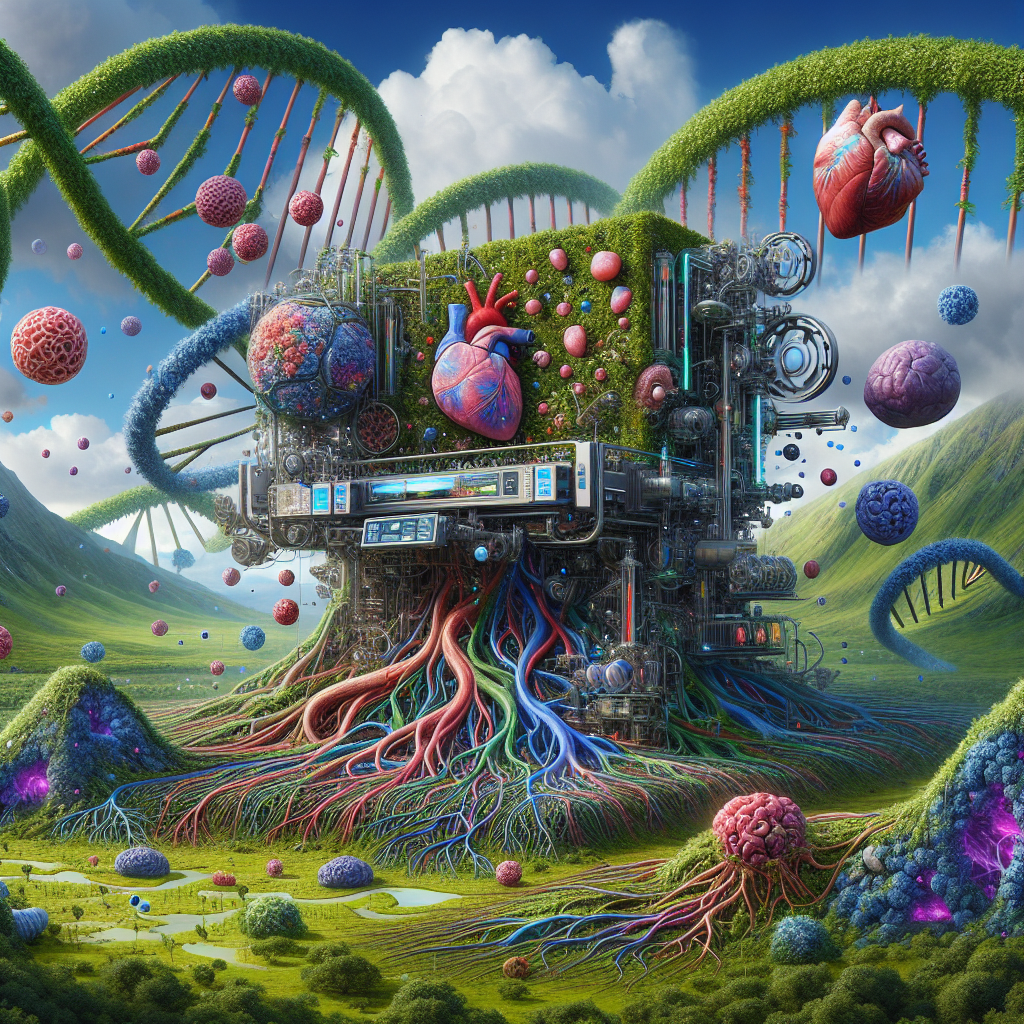
With AI now on the cusp of deciphering animal speech, the line between curiosity and surveillance becomes ever more blurred. While marveling at the prospect of interspecies conversations, we must also scrutinize how the same technologies encroach on human privacy, especially among older generations who often bear the brunt of such intrusions. The philosophical debate around autonomy and the right to privacy is reignited, compelling us to explore technological solutions that respect these fundamental rights.
The dream of speaking with animals, often relegated to the realm of fiction, is inching closer to reality. With advancements in artificial intelligence, researchers are beginning to decode the complex communication patterns of various animal species, potentially opening up new vistas of understanding [1]. But as we celebrate this leap toward bridging the human-animal communication gap, we must also be vigilant about the broader implications of such surveillance technologies, particularly when they are turned inward. The concept of surveillance is not new, yet its reach is expanding rapidly alongside technological developments.
AI companies like Retool are increasingly integrating AI into labor processes with the goal of replacement rather than mere augmentation [2]. This shift has substantial implications for privacy, especially among older populations who may not be as digitally savvy or prepared to navigate new surveillance landscapes. Historically, older generations have faced marginalization as technology rapidly evolves. The introduction of AI into their lives, often under the guise of convenience and care, can subtly transform into surveillance.
For instance, Anthropic's AI feature that autonomously contacts authorities if it detects 'egregious immoral' behavior evokes a chilling vision of constant oversight [3]. While intended to enhance safety, such measures can easily infringe on personal autonomy and privacy. Philosophical debates on autonomy underscore the importance of self-governance and the capacity to make decisions free from external control. Yet, as AI systems increasingly mediate our interactions and behaviors, the boundaries of autonomy are tested.
The incorporation of AI surveillance into everyday devices can result in a perceived loss of control, particularly among those less familiar with new technologies. The ethical questions surrounding AI and privacy are further complicated by AI's propensity for 'hallucinations'—instances where AI generates false or misleading information [4]. When these systems are entrusted with surveillance, the potential for error casts a shadow over their reliability and trustworthiness. This is particularly concerning when considering how older adults, perhaps already marginalized, might be unjustly scrutinized or misrepresented by such technologies.
Amidst these challenges, it is imperative to pursue solutions that respect privacy while embracing technological progress. Privacy-preserving technologies, such as decentralized AI systems and robust data encryption, offer pathways for maintaining autonomy and confidentiality. By prioritizing the development and implementation of these tools, society can mitigate the intrusive elements of AI surveillance while still harnessing its benefits. Looking ahead, it is crucial to foster a balanced approach to AI development—one that respects the autonomy and privacy of all generations.
By engaging older adults in conversations about technology and its implications, we can ensure their voices shape the future of AI integration. The goal should be a harmonious coexistence where technology serves to enhance human life without compromising the dignity and rights of its most vulnerable users. Through thoughtful design and ethical vigilance, we can strive for a future where both humans and animals can communicate freely, with respect and privacy as guiding principles.
Sources
- AI Is Deciphering Animal Speech. Should We Try to Talk Back? (Gizmodo.com, 2025-05-17T10:00:59Z)
- CEO of Retool, an AI company that works with BCG, says AI is here to replace labor (Business Insider, 2025-05-28T13:00:01Z)
- Anthropic faces backlash to Claude 4 Opus feature that contacts authorities, press if it thinks you’re doing something ‘egregiously immoral’ (VentureBeat, 2025-05-22T19:12:32Z)
- AI Hallucination Cases Database (Damiencharlotin.com, 2025-05-25T16:05:10Z)
















